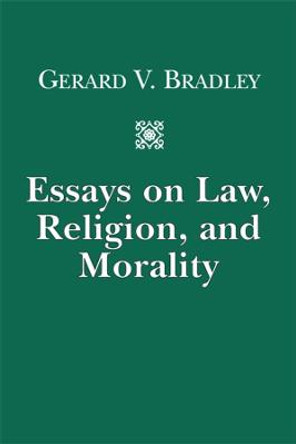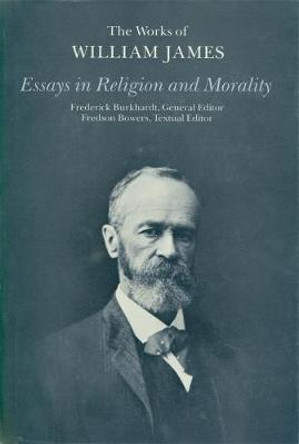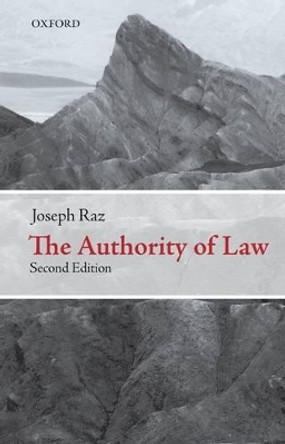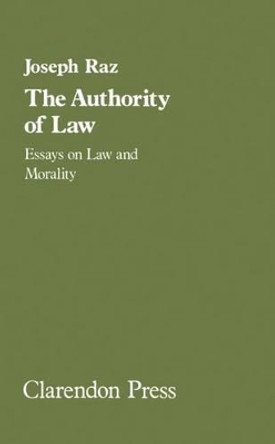This collection of essays presents Jeffrie G. Murphy's most recent ideas on punishment, forgiveness, and the emotions of resentment, shame, guilt, remorse, love, and jealousy. In Murphy's view, conscious rationales of principle -- such as crime control or giving others what in justice they deserve -- do not always drive our decisions to punish or condemn others for wrongdoing. Sometimes our decisions are in fact driven by powerful and rather base emotions such as malice, spite, envy, and cruelty. But our decisions to punish or condemn can also be driven by noble emotions. Indeed, if we punish to express the justified resentment and indignation that decent people feel toward the wronging of a human being, punishment and condemnation can be seen acts of love. Once we realize the vital roles that emotions can play in punishment and other forms of condemnation, we can explore them in a variety of important ways. Jealousy sometimes causes crimes, forgiveness allows us to overcome resentment, and mercy -- inspired by compassion -- limits the severity of punishment. All these emotions may be called "moral emotions"-meaning simply that they are emotions that essentially involve a moral belief. The essays in this collection explore, from philosophical and religious perspectives, a variety of moral emotions and their relationship to punishment and condemnation or to decisions to lessen punishment or condemnation. Those interested in ethics, philosophy of law, and the nature and role of the emotions, will find much of interest in these essays by this highly distinguished scholar. "This volume brings together a number of Jeffrie Murphy's ground-breaking essays of the last twelve years on an impressive range of deeply important issues: the moral emotions (in particular, resentment, shame, jealousy, and remorse); forgiveness and mercy; the foundations of the theory of punishment; and the nature of dignity. Murphy's wonderfully clear and perceptive essays are indispensable for anyone interested in these and related topics." - Charles L. Griswold, Boston University "In this new collection of exceptionally stimulating essays a distinguished philosopher engages topics of great interest to philosophers and non-philosophers alike - the nature of guilt, shame, remorse, forgiveness, repentance, love, jealousy, punishment and their roles in our lives. Few philosophers, until relatively recently, directed any sustained attention to these significant aspects of our lives. Murphy's essays go a substantial distance toward remedying this neglect. His approach is analytic; his arguments are clearly presented; his style is personal and engaging; insights are frequently accompanied by apposite quotes from poetry and fiction. There is an appealing humility and openness to the views of others. Readers will be drawn in by both the drama of his engagement with his earlier views that he now finds wanting as well as the ongoing drama of his responses to others with whom he disagrees. There is no plodding through arid discourse in order to uncover jewels in this work. This is philosophy done in a manner that promotes both knowledge and enjoyment." - Herbert Morris, University of California at Los Angeles "Jeffrie Murphy has compiled a collection of influential essays that will be important across disciplines and relevant to the way we understand -- and more importantly treat -- moral transgressors and their victims. In his typically elegant, literary, and humorous style Murphy examines such moral emotions as sympathy, compassion, forgiveness, resentment, and vengeance, getting to the heart of the philosophical dilemmas in a way that speaks to the lived lives of victims and wrong-doers. His thinking is both clear and brilliant, and he expresses it here in inspired and satisfying arguments." - Sharon Lamb, Chair & Distinguished Professor of Mental Health, Department of Counseling and School Psychology, University of Massachusetts, Boston "Over the past forty years, Jeffrie Murphy has been our surest and sagest guide across the contested boundary lines between law and morality, crime and sin, retribution and rehabilitation. This volume not only reveals his trademark erudition in exploring the most fundamental questions of crime and punishment. It also shows the humility of a wise and seasoned scholar, who has come to a new appreciation for the moral emotions of resentment, guilt, remorse, and shame, and their constructive role in fostering forgiveness, reformation, and reconciliation among criminals and their victims. You cannot read this volume without being persuaded by its argument and moved by its passion." - John Witte, Jr., Emory "This welcome new collection of essays displays all the virtues that we have come to expect from Murphy's work: a distinctive voice, a sensitivity to the acute moral problems posed by our practices of punishment, illuminating discussions informed by a lucid philosophical and moral imagination. It makes more widely available Murphy's further thoughts on such central concepts as guilt, remorse, retribution, repentance, forgiveness, mercy and dignity, and should confirm his standing as one of the most interesting contemporary writers on criminal law and its moral foundations." -Antony Duff, University of Stirling
About the AuthorJeffrie G. Murphy is Regents Professor of Philosophy and Law, Arizona State University. He is the author of Getting Even: Forgiveness and Its Limits.
ReviewsMurphy regards himself essentially as an essayist who paints the big picture in rather broad strokes. He is indeed a superb essayist, and the essays in this collection are beautifully written.... This is a collection that will be read with much pleasure and instruction. * C.L. Ten, Notre Dame Philosophical Reviews *
In these essays we see that law and philosophy scholarship can be personal, engaged, passionate, accessible, broad-minded, provocative and disturbing. It can even supply a moral lesson. For me the lesson is that when it comes to punishment, whether justified as retributive, deterrent or otherwise, recognizing human fallibility is not just a good thing, but the essential thing; it should be the foundation on which all else builds. * Samuel H. Pillsbury, Ohio State Journal of Criminal Law , 11 (1), Fall 2014 *
Book InformationISBN 9780199357451
Author Jeffrie G. MurphyFormat Paperback
Page Count 352
Imprint Oxford University Press IncPublisher Oxford University Press Inc
Weight(grams) 408g
Dimensions(mm) 137mm * 213mm * 23mm









